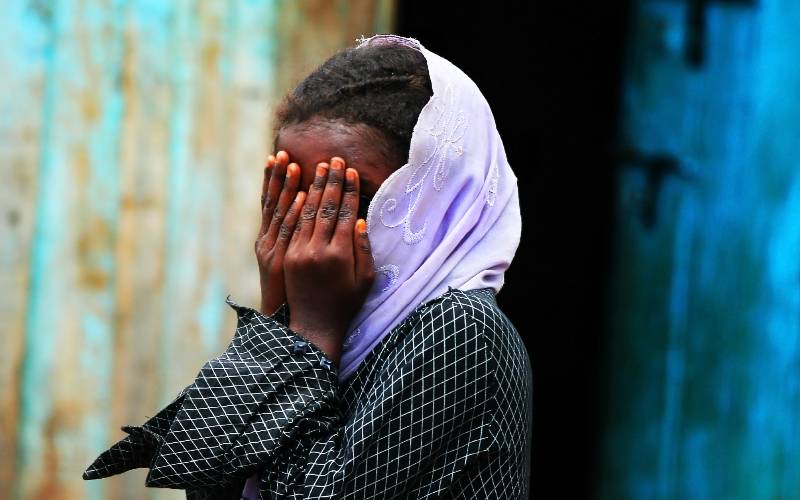×
The Standard e-Paper
Home To Bold Columnists

For girls and young women, menstruation is and should be a sign of health, growth, and development. [Courtesy]
Covid-19 has become a scapegoat for any social failures that were present even before the pandemic struck.